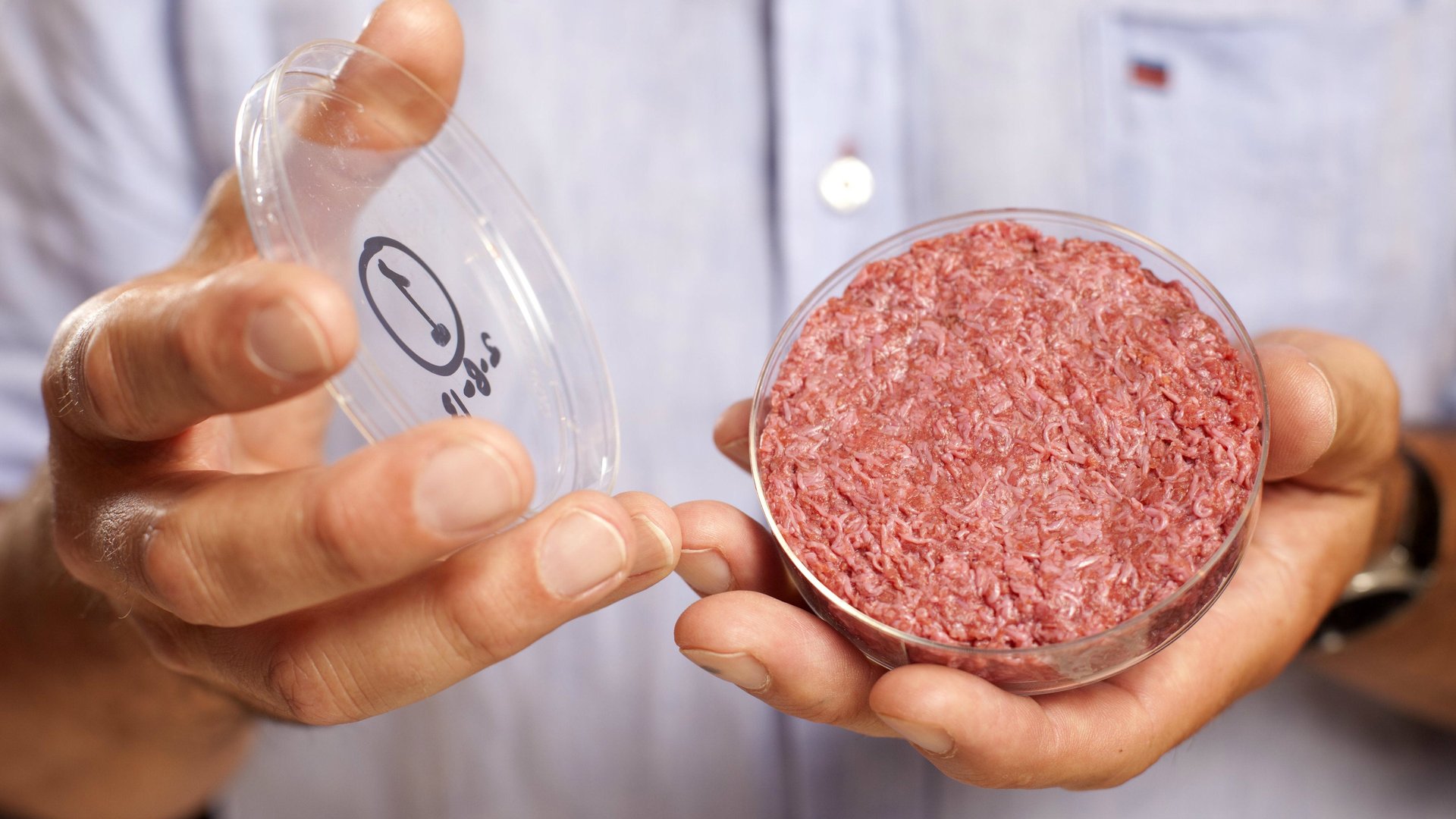A lab-grown burger could be your affordable alternative to factory farms by 2020
For anyone who loves a juicy burger, but not its impact on animals or the environment, there’s good news from the Dutch: A lab grown burger is on its way, maybe even as early as 2020.


For anyone who loves a juicy burger, but not its impact on animals or the environment, there’s good news from the Dutch: A lab grown burger is on its way, maybe even as early as 2020.
In 2013, researchers at Maastricht University developed their lab grown meat out of real beef stem cells. But the cost of one burger—£215,000 or about $331,000—made it more of an impressive feat of science than a potential supermarket staple.
That’s due to change, reports the BBC. Food technician Peter Verstrate, who leads the Mosa Meat company with Maastricht University professor Mark Post, says it will be affordable to the masses soon. ”I am confident that we will have it on the market in five years,” he said. While he expects the product’s availability to be limited at first, he says that high demand will lower prices enough to get it into supermarkets.
Here’s how a burger is grown in a lab: Stem cells from a cow’s muscle tissue are harvested in what the company describes as a “small and harmless procedure.” Individual cells are then cultured into trillions of cells that merge together into tiny strands. Placed in a small dish, the cells’ natural contractions grow them into actual muscle tissue. Those strands of muscle tissue can then be layered together into beef, forming a burger.
At a 2013 news conference in London, burgers were cooked up and fed to two food experts. Both found the burgers tasty and meaty, but one complained that it was “not that juicy” and another missed the fat, saying it was too lean.
At the time, Post said of the tasting: “It’s a very good start.”